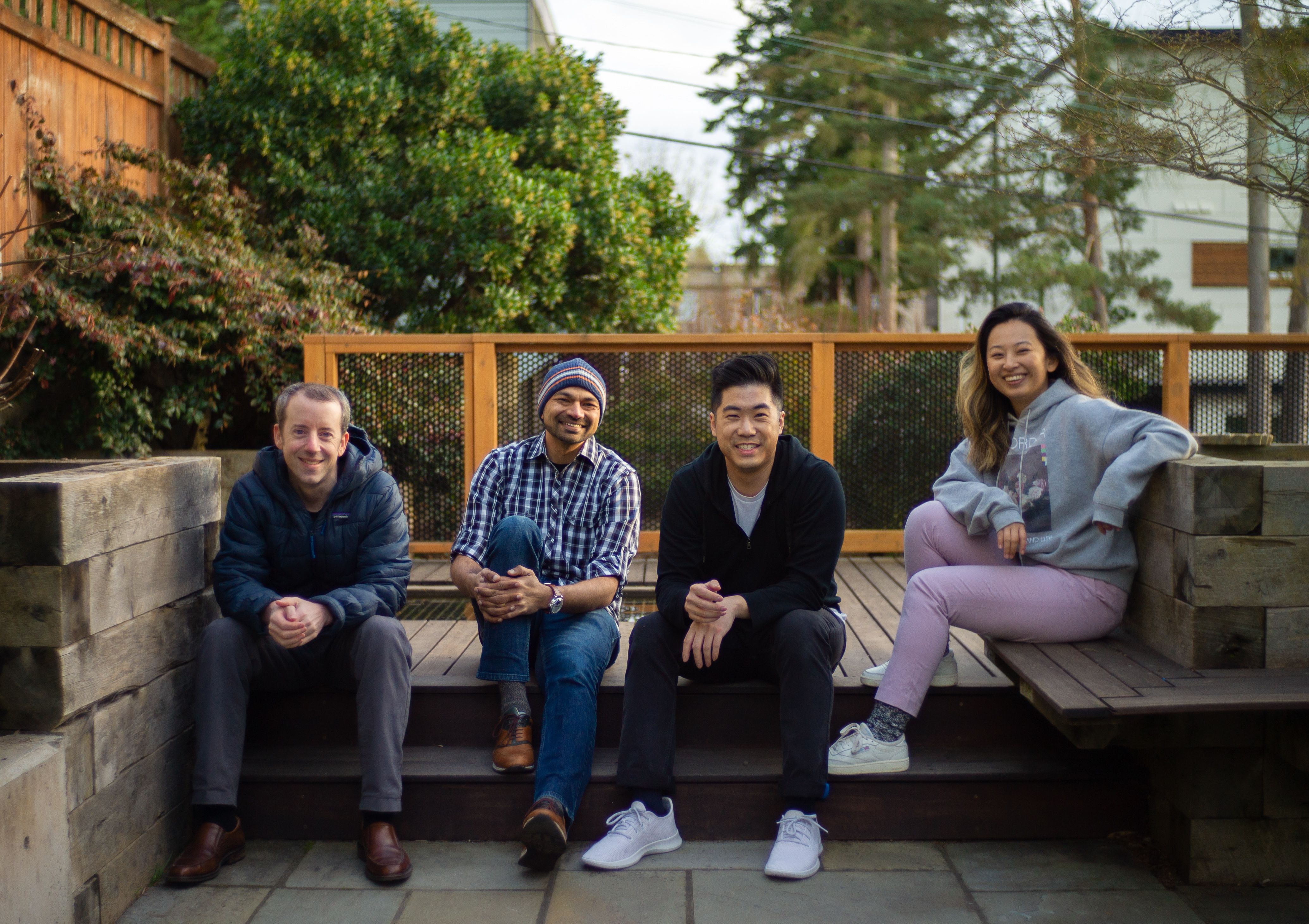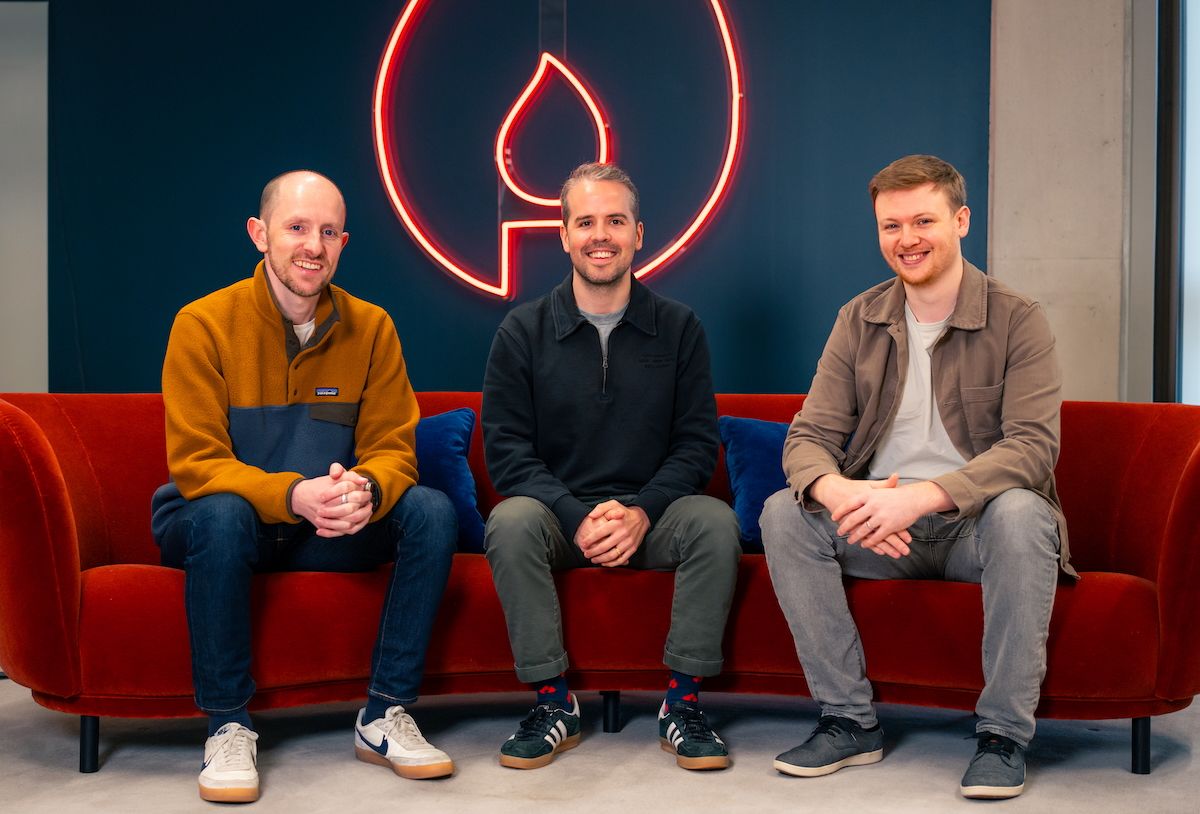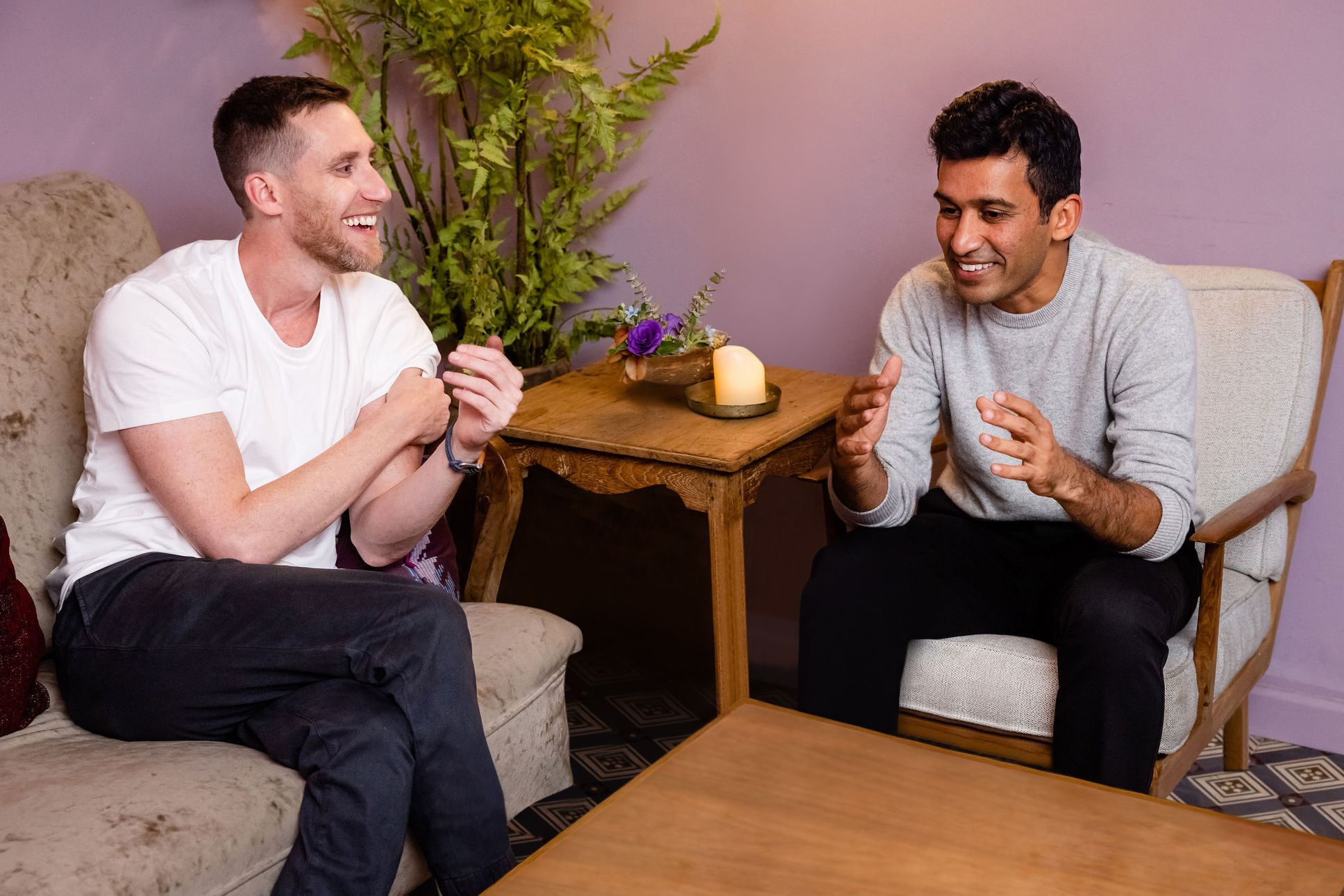Common Room: Leading the Movement

"It's the truth. It's kind of a revolution." These, along with "superfan," were the words I heard when I joined GitHub in 2015. The avant-garde culture and borderline anarchistic mission of the place was the perfect breeding ground for an emerging movement. Empower the community of users; everything else will be finer print in comparison. For all its left turns, GitHub was dead right to focus here - without passionate users, we weren’t anything.
"The truth is, not many know how to build authentic communities, and there are no tools, and ironically, no communities to turn to, for help. This is the mission, opportunity, and responsibility that sits before Common Room."
— Chris Ahn, Index Ventures
In 2021, this insight is obvious - every company wants to build community. And why wouldn't you? Successful companies like Twilio and Stripe depend on their developer communities to build on top of and strengthen their platforms; GitHub still relies on the open source community to remain central to the developer toolchain; Figma and Notion spend enormous energy fostering community to build thought leadership and provide support for its users. Companies can copy features, but not a thriving, engaged community. In addition, an engaged community can accrue numerous tangible benefits to an enterprise, including real time product feedback, community driven support, organic marketing, and social validation.
The issue today is not one of insight, but rather of execution. The truth is, not many know how to build authentic communities, and there are no tools, and ironically, no communities to turn to, for help. This is the mission, opportunity, and responsibility that sits before Common Room - to help companies establish a new community driven customer-company relationship, where communication and collaboration are bi-directional, from both company to customer and from customer to company.
It's a mission inspired by the personal pain points that Linda Lian, CEO and co-founder of Common Room, experienced first hand as she was helping to build the developer community at AWS. Linda's experience included digging through Reddit forums that provide no insight on identity, Slack channels that have no concept of knowledge retention and organization, and outdated forum software that feels as modern as ICQ does in 2021. Unfortunately, this subpar experience too often resonates with those trying to build community.
"Fostering a community that is authentic to your company is an art. Every community is undoubtedly unique. Common Room is the easel, the paint, and the brush - the tools that every artist needs."
— Chris Ahn, Index Ventures
And what of the community members? Community members engage so they can partake in conversation; so they can contribute back to the products they love; so their feedback can be heard and recognized; so they can help other community members who are earlier in their journey with the product. They are the ambassadors, superfans, and a core part of the product experience. Yet, with current tools, they are often left shouting into the void and receiving undifferentiated engagement and service. The problem multiplies with scale.
Community members and managers alike deserve a better home for their attention and engagement. What’s clear is the desire exists - community members want to share, and community managers want to listen - but the tools are holding us back. A successful community thrives when those who want to share are heard by those who want to listen.
This is the belief that enabled Common Room to work with early community visionaries from companies like Notion, Figma, Confluent, Starburst, and OpenAI, among many others. Fostering a community that is authentic to your company is an art. Every community is undoubtedly unique. Common Room is the easel, the paint, and the brush - the tools that every artist needs. Uncommon, the home we're launching for community managers, is the community of artists. As Monet's Impressionism inspired Picasso's Cubism, and Picasso's Cubism inspired Jackson Pollock's Action Painting, Uncommon can serve as inspiration and learning for those interested in the various forms and techniques of community building from the best of the best.
I had the pleasure of starting my career with Linda almost 10 years ago. Among her greatest traits is a knack for always being one step ahead of the curve. In finding her co-founders, she was no different. Francis Luu spent more than 10 years leading product design at Facebook, where he was instrumental in redesigning the platform from an individual experience to one driven by groups and communities. Viraj Mody and Tom Kleinpeter co-founded Audiogalaxy and sold it to Dropbox, where they helped pioneer the bottoms up adoption model that is so critical to community led growth. From go to market, design, and engineering, or consumer to enterprise, I can think of no better team to lead us into this generational shift in how companies and customers build relationships.
Come join the movement.
Index partner Danny Rimer catches up with Common Room's CEO & Co-founder, Linda Lian.
Published — March 31, 2021
-

-

